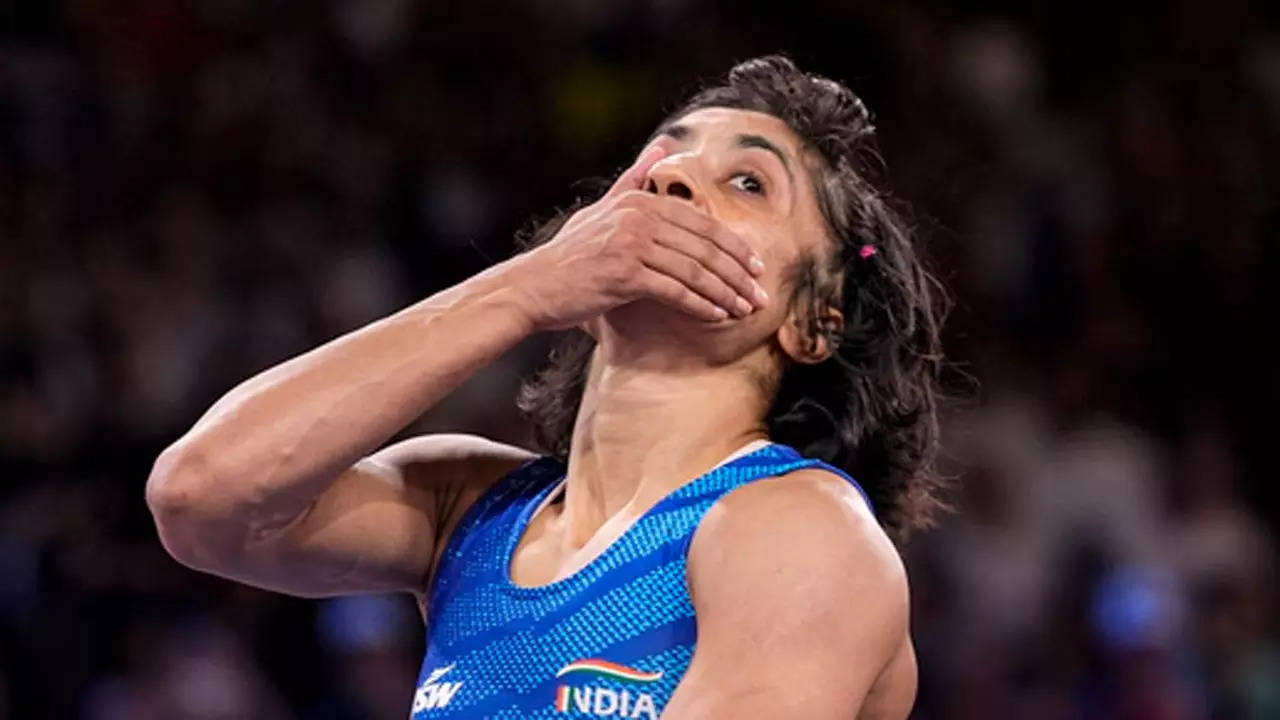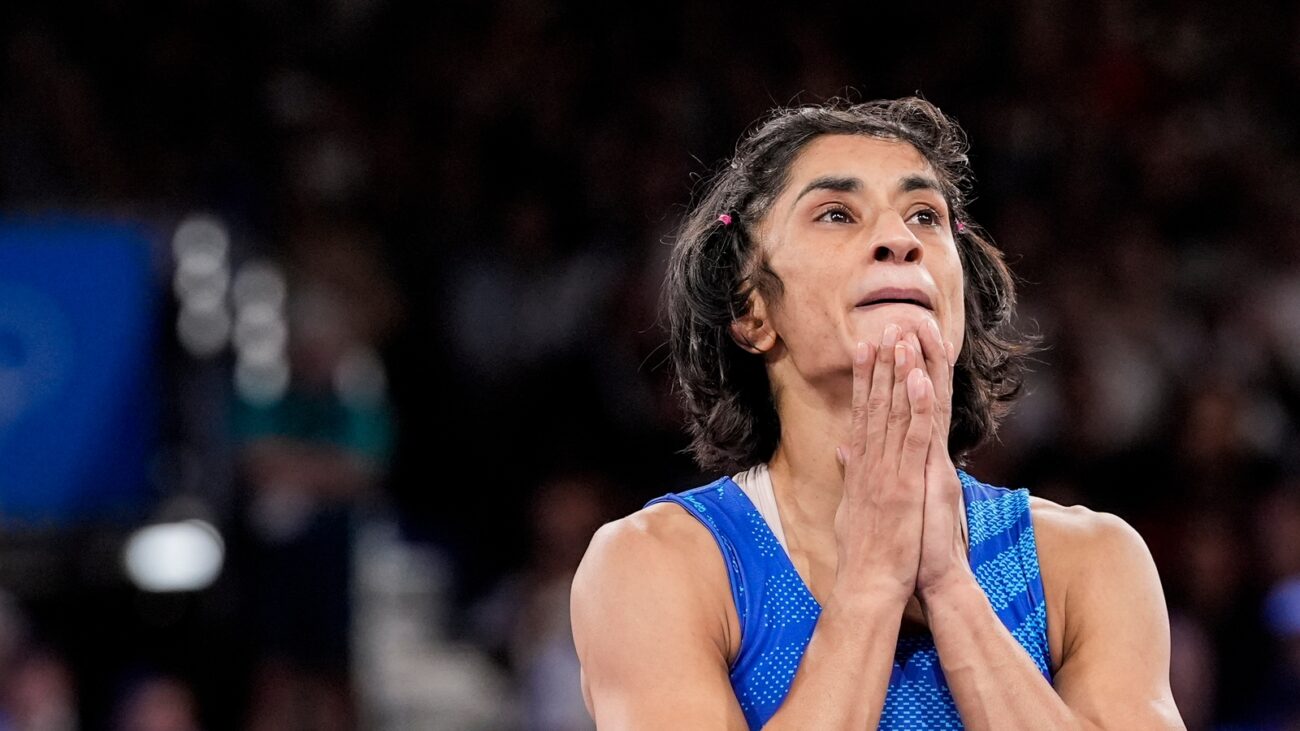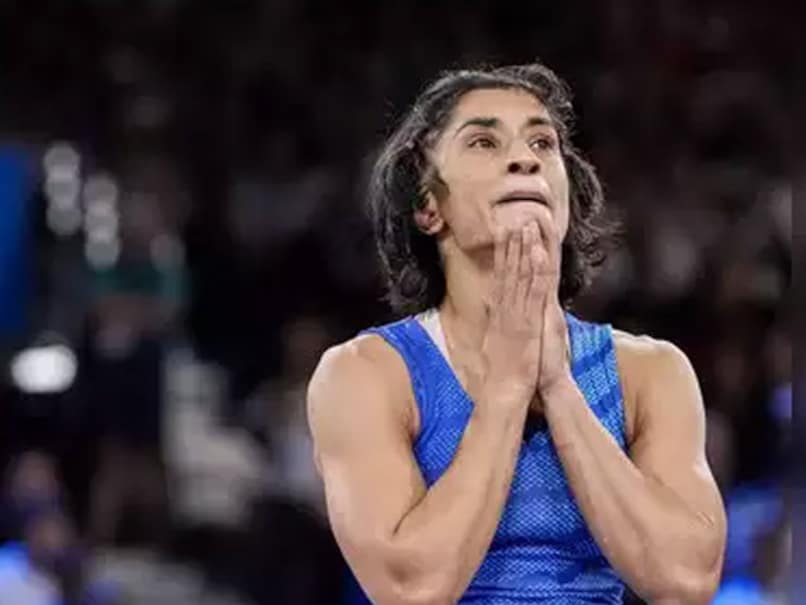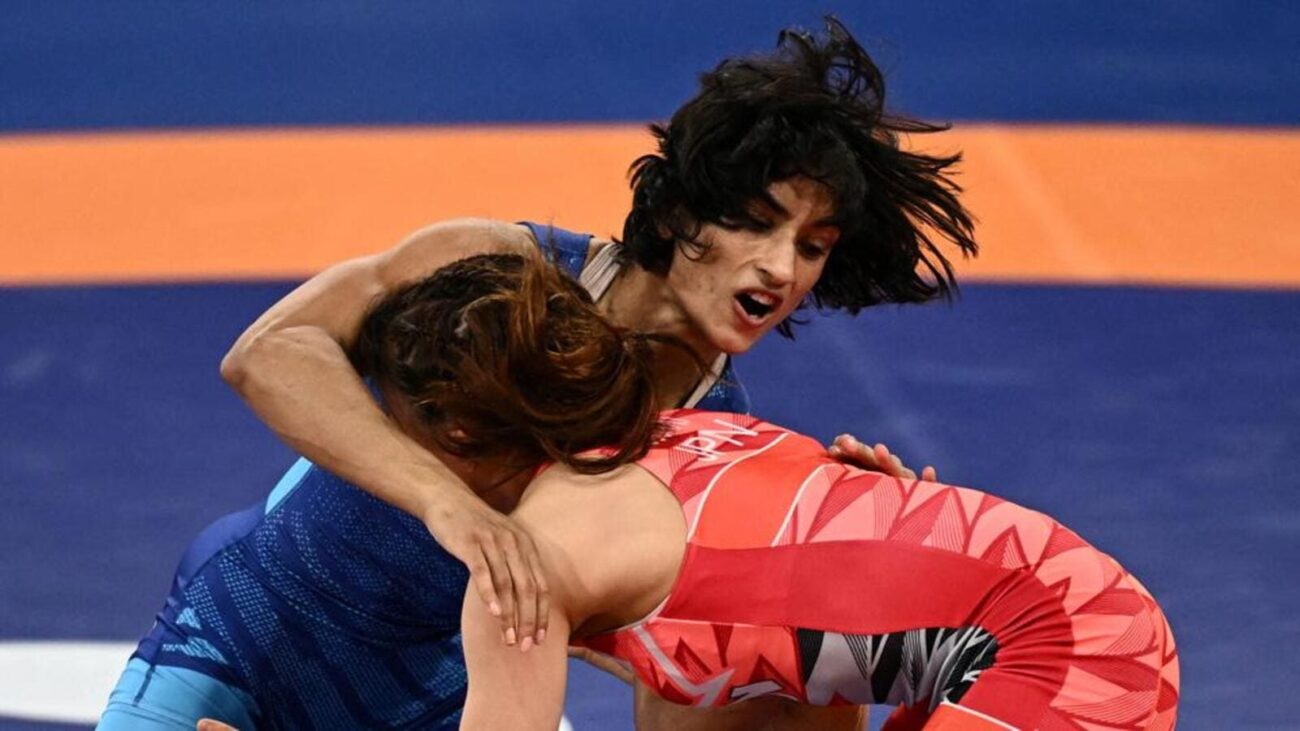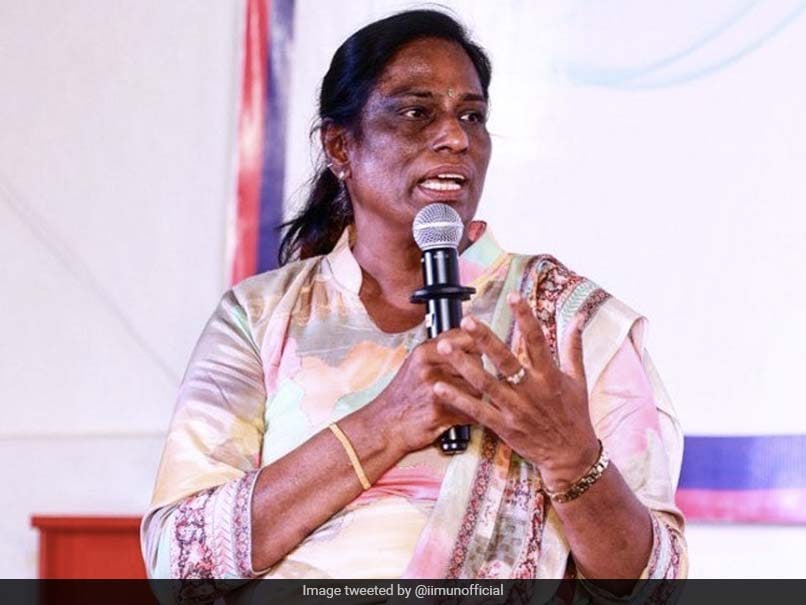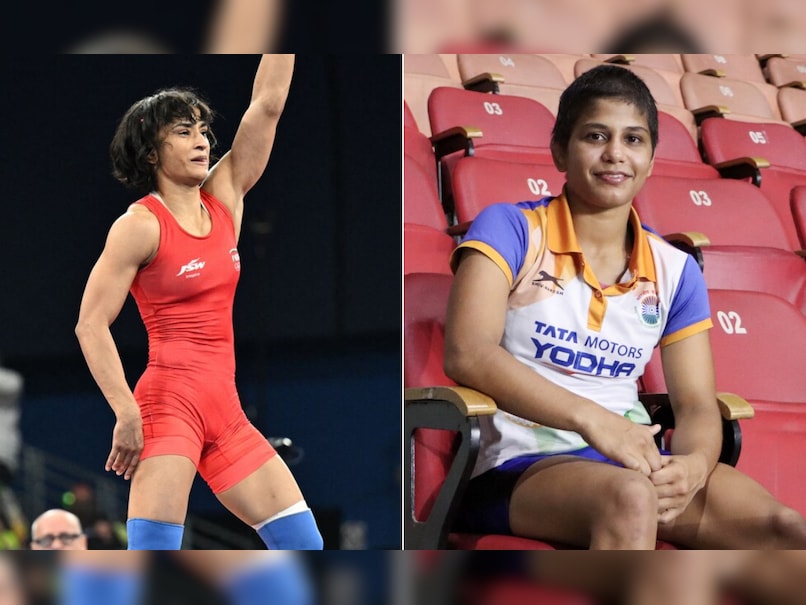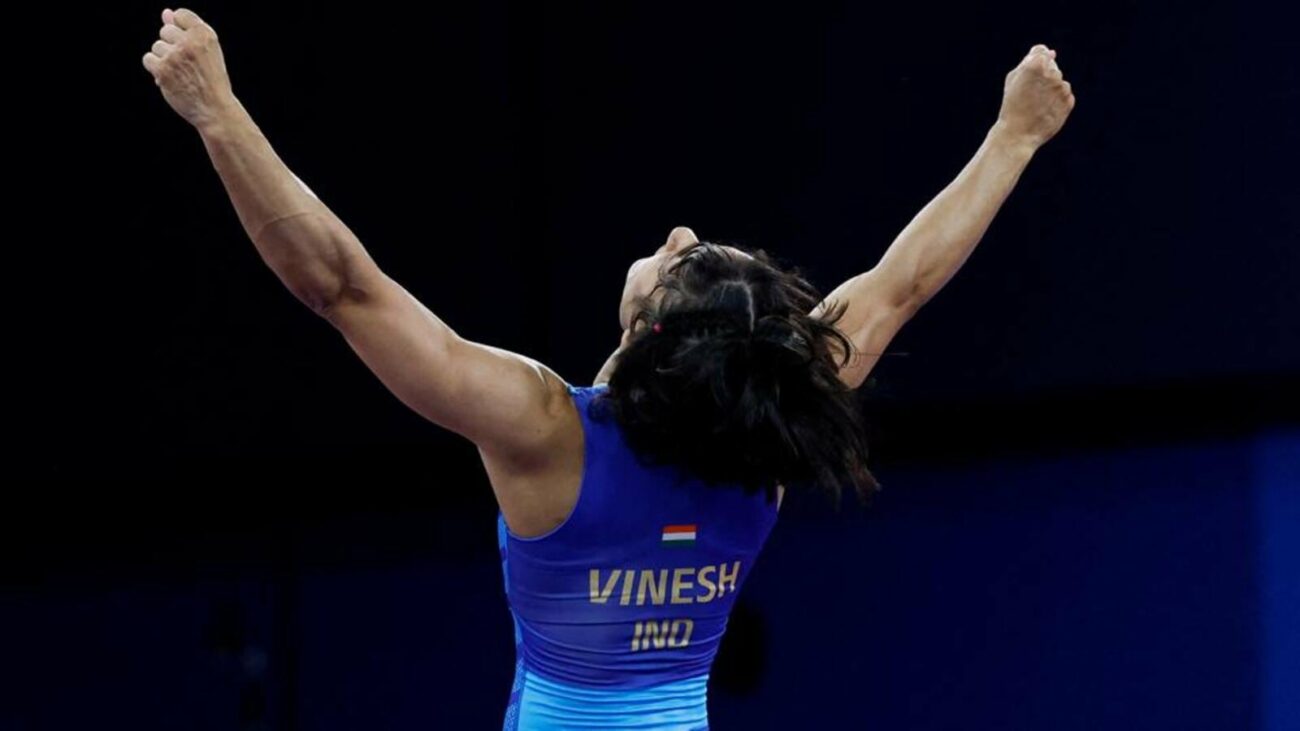Mary Kom Stresses Weight Management Responsibility, Questions India’s Boxing Performance
Six-time world champion boxer M C Mary Kom has weighed in on the controversy surrounding wrestler Vinesh Phogat’s Olympic heartbreak, emphasizing the importance of weight management as an athlete’s responsibility.
Mary Kom, who is India’s only woman boxer with an Olympic medal, expressed disappointment over Phogat’s disqualification for being 100gm over the prescribed limit. She stressed that weight management is crucial for athletes and that it is their duty to adhere to the regulations.
“I felt so disappointed in the sense that I have also done the same (weight management) for the last so many years. Weight is important, that is my responsibility. I cannot blame anyone,” Mary Kom said.
She added, “I do not want to say this in her case. I am saying this in my case only. If I do not cut the weight properly then how will I play? I am there to win a medal and that is what I think.”
Mary Kom has previously spoken about her own weight cut routines and the challenges involved. She started her career as a pin-weight (46kg) boxer before moving to the flyweight (51kg) division.
Phogat, who was considered a gold medal contender in Paris, went to extreme lengths to lose weight, including skipping meals and fluids, working out overnight, and cutting her hair. However, her efforts proved futile.
She challenged her disqualification, calling the rules inhumane, but her appeal was rejected by the Court of Arbitration for Sport. Phogat subsequently retired from wrestling and joined politics, contesting the Haryana assembly elections on a Congress ticket.
Mary Kom also expressed concern over India’s poor performance in boxing at the Paris Olympics, where the contingent failed to win a single medal. She said she wants to meet with the national federation and sports minister Mansukh Mandaviya to discuss the issues and understand what went wrong.
“We know what the result was, it was so, so bad. I want to know what is lacking,” Mary Kom said. “I will meet the boxers too if the situation demands. If the sports minister has the knowledge (about the issues) I want to discuss that also.”
Mary Kom reiterated her desire to continue boxing professionally and expressed her hope for opportunities to fight. “I have not retired yet but I want to compete. I am trying to get opportunities, waiting for my chance to fight pro. I just want to come back,” she said.

